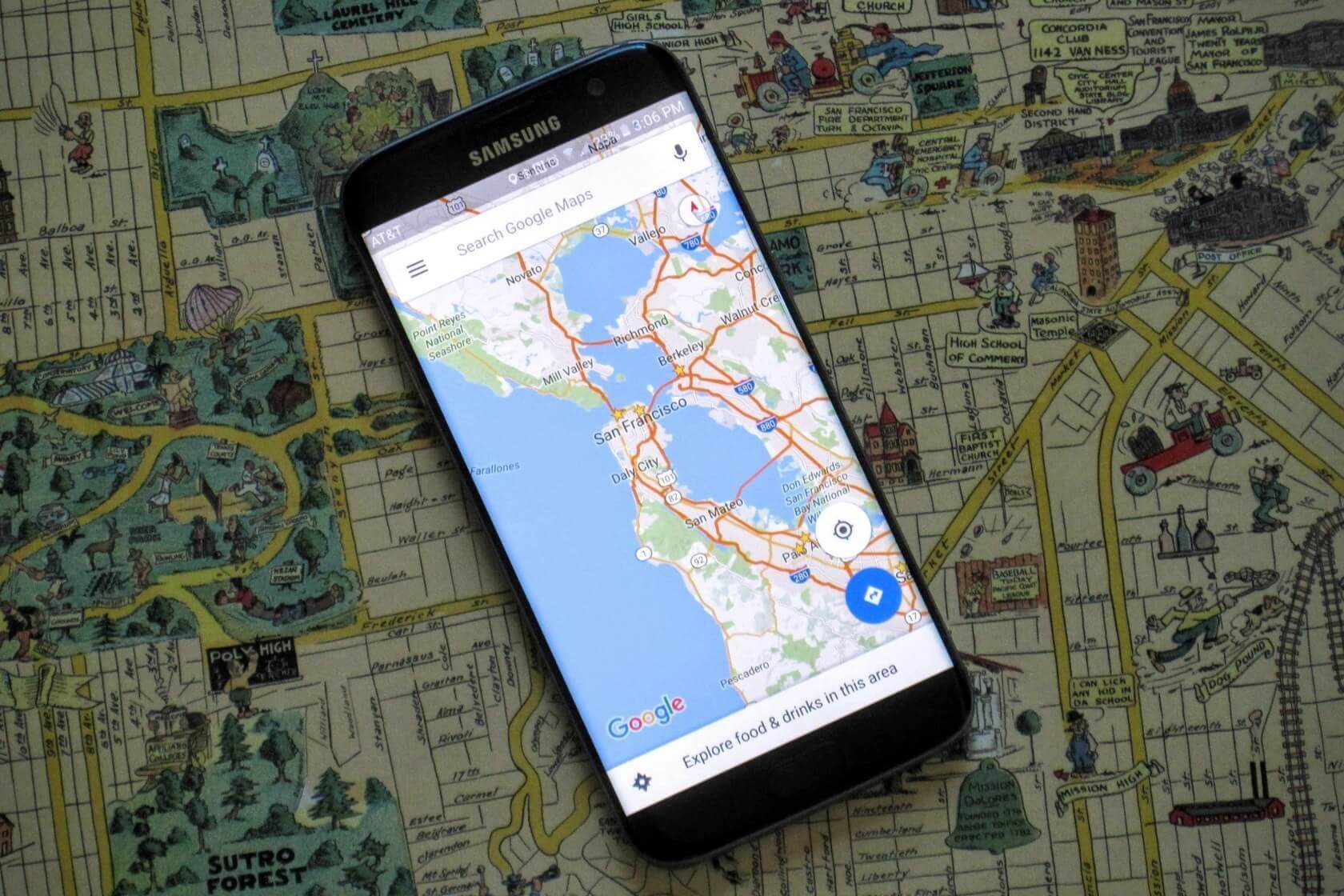TECH

Google Maps incognito mode starts public roll out
In brief: Google announced earlier this year that 'incognito mode' was coming to more apps, including the ubiquitous Maps. Following a successful, limited launch in September, the functionality is coming to all Android users in the coming days.
We reported in September that select users had started to receive Incognito Mode for Maps as part of the app’s ‘preview’ program. It appears Google was happy with the limited launch, as the update has now been spotted in the wild for users of the public version.
In a post to the Google Maps Help forums, the community manager confirmed that the full public roll-out has begun for Android users. It’s being handled as a staged release, so even on the latest version of the app you might not have the feature yet, but the post indicates “we expect it to be available to all users in the next few days.”
The obvious question is, what does it actually do? This shouldn’t be thought of as a request not to be tracked (which might seem obvious, given it’s a direction and location-based service). Instead, route or location searches made in Incognito Mode won’t be tied to your Google account.
According to Google, when Incognito Mode is turned on, Maps won’t:
◾Save your browse or search history, or send you notifications
◾Update your Location History or shared location, if any
◾Use your personal data to personalize Maps
This change therefore is more about protecting what’s visible from your device, rather than keeping Google out of the equation when it comes to your private data.
That may seem a little underwhelming, but there are certain use-cases that might be appealing to turn on incognito. You may not want shared devices to show places you’ve recently been, such as a doctor’s office. We’re sure keen readers will likely think of other uses for clandestine journeys.
But as pointed out before, this won’t hide anything from Google, the information just won’t be tied to your account. The company confirmed that searches and journeys are still stored against a unique, session-based identifier.
James Miller

No comments:
Post a Comment